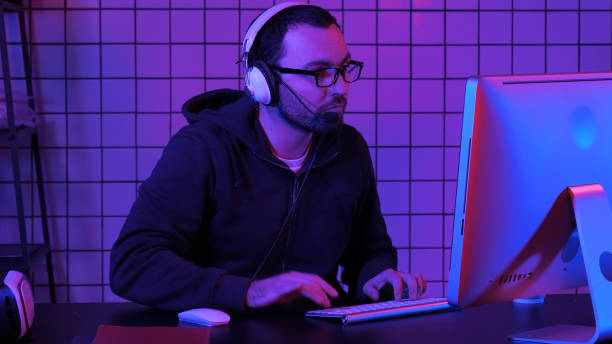"Shaping the Future: Emergence of the Intentional Communities"
Introduction: In the realm of People & Society, a new trend is gaining momentum, creating a ripple effect across the modern world. Intentional communities, driven by shared values and common interests, are redefining our understanding of social living. Read below to dive into this fascinating evolution of social structures.

Unraveling the Roots of Intentional Communities
The concept of intentional communities is not entirely new. It finds its roots in the communes of the 1960s and 1970s, which were sparked by a desire for social change and shared living. The term “intentional community” emerged in the late 1940s to describe a living arrangement where individuals consciously choose to live together based on shared values and lifestyles.
The Modern Revival of Intentional Communities
Fast forward to the present, and we see a resurgence of this trend, albeit with a modern twist. The reasons for the revival are manifold. In an era where loneliness and social isolation are on the rise, intentional communities offer an antidote by fostering a strong sense of community and shared identity. They also provide an alternative to the consumerist lifestyle, promoting sustainable living and fostering mutual aid.
Implications for the Future of Society
The rise of intentional communities has significant implications for the future of society. They challenge traditional notions of family and community, paving the way for new forms of social organization. By fostering shared resources and collective decision-making, these communities can potentially reduce societal inequalities and promote social cohesion.
The Sociological Perspective on Intentional Communities
From a sociological perspective, intentional communities offer a fascinating lens to examine the evolving nature of social relationships. They reflect a shift from individualistic to collective living, highlighting the dynamic interplay between individual agency and social structures. Research suggests that intentional communities can foster social innovation by promoting new ways of living and interacting.
The Journey Ahead
While the journey of intentional communities is far from over, they have undoubtedly left an indelible mark on the social landscape. As we navigate the complexities of the 21st century, these communities offer a beacon of hope, presenting an alternative way of living that is grounded in shared values, mutual support, and sustainable practices.
In conclusion, the resurgence of intentional communities is more than just a passing trend. It is a significant sociological development that is reshaping the contours of modern society. As we continue to explore this fascinating phenomenon, we must remain open to the possibilities it offers for a more inclusive, sustainable, and socially cohesive future.






